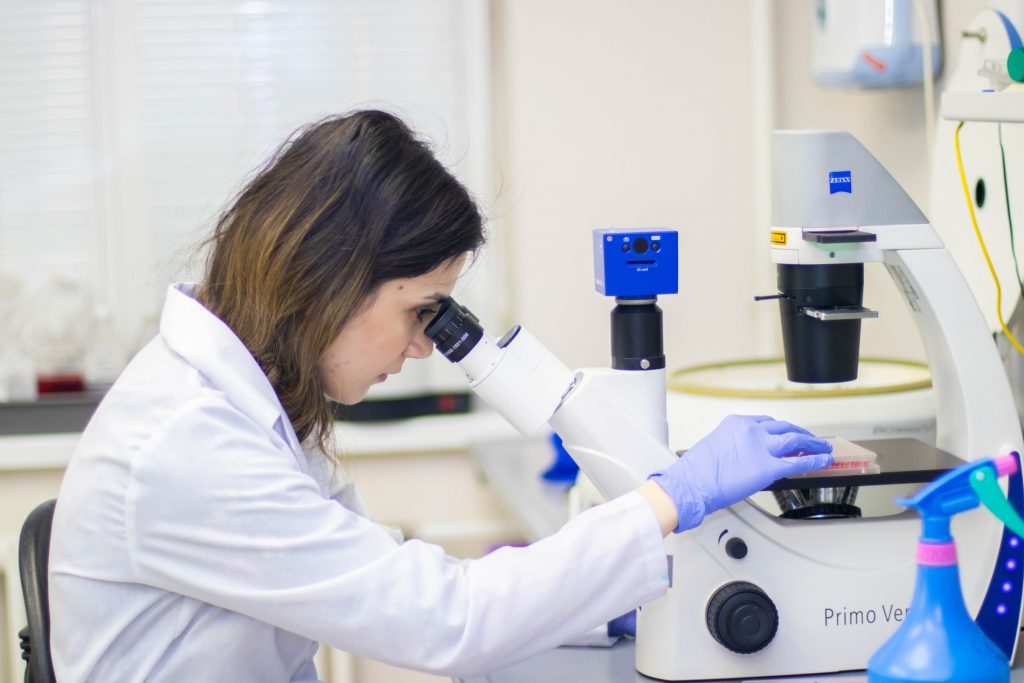Heat shock protein promising in battle with phytopathogenic bacteria

A joint project has been implemented by Russian Academy of Sciences, Saint Petersburg Polytechnic University, Saint Petersburg Electrotechnical University, and Kazan Federal University.
The researchers studied Acholeplasma laidlawii, a well-known pest of rice and pea.
“In acholeplasma, we study the small heat shock protein IbpA, which is characterized by a large number of functions. In particular, it protects bacterial cells from stress. We were able to establish that IbpA directly affects the FtsZ protein responsible for the cell division of the microorganism, not only under stress, but also under optimal conditions for the growth of this bacterium,” shares co-author Innokenty Vishnyakov, Head of the Group of the Molecular Cytology of Prokaryotes and Bacterial Invasion (Institute of Cytology, Russian Academy of Sciences).
KFU was represented by the Head of the Laboratory of Microorganism Genetics Ayrat Kayumov and Junior Research Associate of the Laboratory of Molecular Genetics of Organisms Lilia Chernova.
The scientists determined the localization of proteins in the cell and also analyzed the interaction of proteins in vitro, including using surface plasmon resonance, a method that allows one to study the interaction of various biomolecules in real time.
At an elevated temperature, IbpA promotes FtsZ polymerization in vitro, probably thereby allowing cell division under unfavorable conditions. This makes it possible to propose FtsZ and IbpA proteins from achholeplasma as potential points of application for new plant protection products against phytoplasma and mycoplasma infections.

